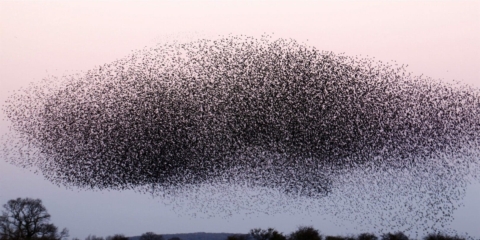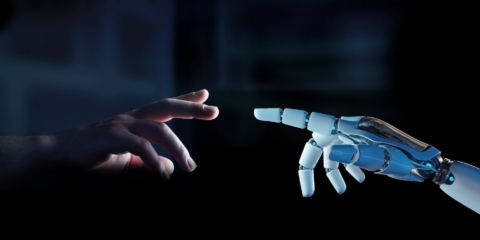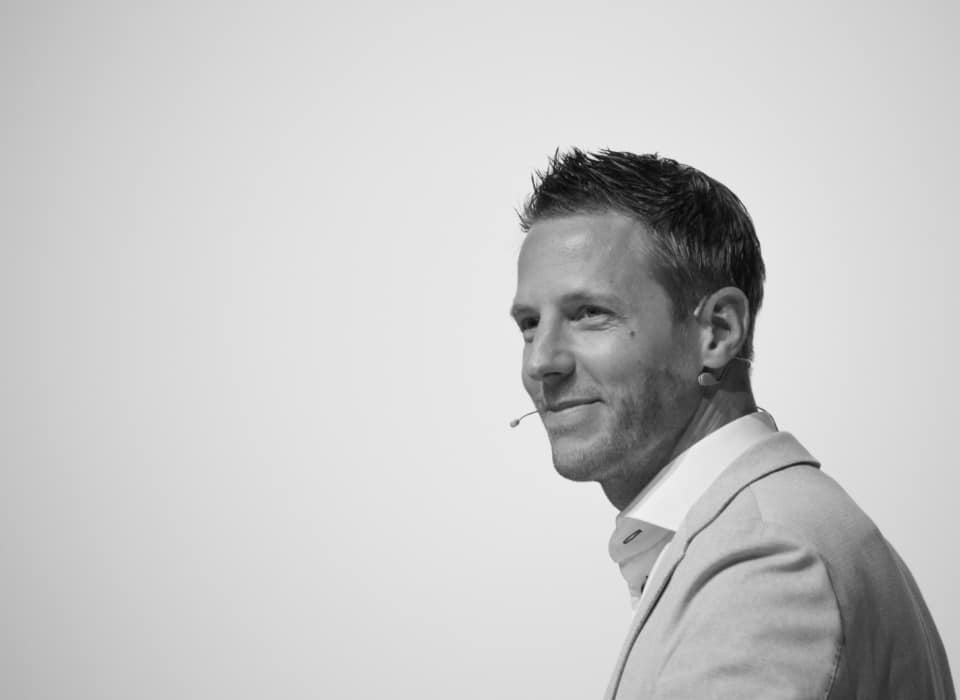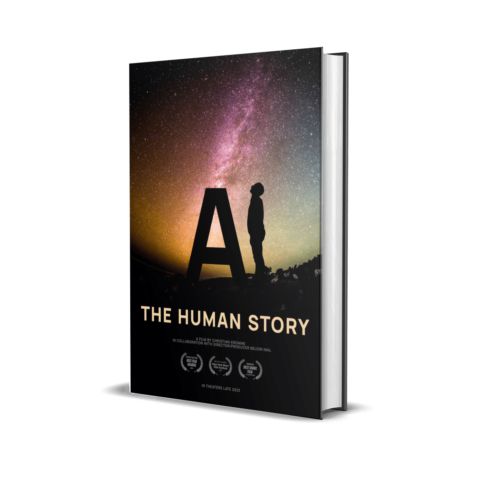Would you like to get notifications from Christian?

The longer a trend maintains a steady direction, the clearer its trajectory becomes.
Christian Kromme reveals ancient patterns—trends that mirror the developments we see today. Even the latest advancements in AI fit into a broader framework. A framework that makes sense, showing that these transformations have occurred before, just in a different form. Christian doesn’t use complicated jargon but communicates through clear and intuitive visuals. Thanks to his dyslexic perspective, complexity becomes simplicity.
New things, especially those we don’t fully understand, often spark distrust and fear. That’s human nature. We are experiencing more change than ever before, and AI can seem overwhelming. But Christian offers a different perspective. Instead of fueling fear around AI, he sparks hope and curiosity. He demonstrates how humanity can align with technology rather than be controlled by it. His message is one of action. Leaders, visionaries, and changemakers don’t just leave inspired—they leave transformed, ready to embrace the future on their own terms.
As technological disruption accelerates, its impacts will profoundly transform society,
organizational structures, talents and skills and our human experience.

Technological Impact on Society
From cells to sapiens, and from sapiens to societies, evolution never stops. AI is not just another tool—it’s a transformative force, reshaping our world faster and deeper than the internet revolution. It’s redefining governments and systems, replacing outdated, selfish structures with a new awareness: the Earth is our greater body, and harming it harms us. Even the role of money is shifting, as wealth gives way to values like connection, purpose, and sustainability.

Technological Impact on Organizations
Transform your organization into a living, thriving system. Just like healthy cells need to communicate and work together, organizations flourish when collaboration flows freely. When barriers harden, progress halts, and the system weakens. AI has the power to break down these walls—erasing language and knowledge gaps, fostering seamless teamwork, and unlocking unprecedented potential. With AI as your ally, your organization can achieve extraordinary breakthroughs and redefine what’s possible.

Technological Impact on Humans
In a world where AI can replicate almost anything, our humanity becomes our greatest strength. AI may optimize and automate, but it cannot replicate creativity, empathy, or purpose. The future belongs to those who infuse their work with authentic human soul—products, services, and ideas that reflect lived experiences, passion, and meaning. When others scale through automation, scale through connection. What uniquely human touch will you bring to your work today?

In 2011, Christian made a unique discovery. While researching his daughter's health, Christian discovered seven unique wave patterns in the development of cells and biological organisms that we see reflected in the development of homo-sapiens and technology today.
These seven wave patterns form the basis of disruptive technology trends, such as artificial intelligence, AR and VR internet of things, self-driving cars, and blockchain technology. These patterns allow Christian to predict technology trends. According to Christian, we are creating a future where technology is seamlessly intertwined with human values.

Unlock Exclusive Early Access to my new book:
For countless generations, our cognitive intelligence has been humanity’s defining trait—the unique selling proposition that sets us apart from every other species. It’s what enabled us to weave the fabric of society, forge cultures, create languages, and innovate technologies that have transformed our world. But now, we stand at a critical tipping point.
With the rapid advancement of artificial intelligence, machines are beginning to rival—and may soon surpass—our intellectual capabilities. What happens when our most significant differentiator is no longer exclusive to us? As AI begins to think for us, we’re compelled to ask: What defines us moving forward?


